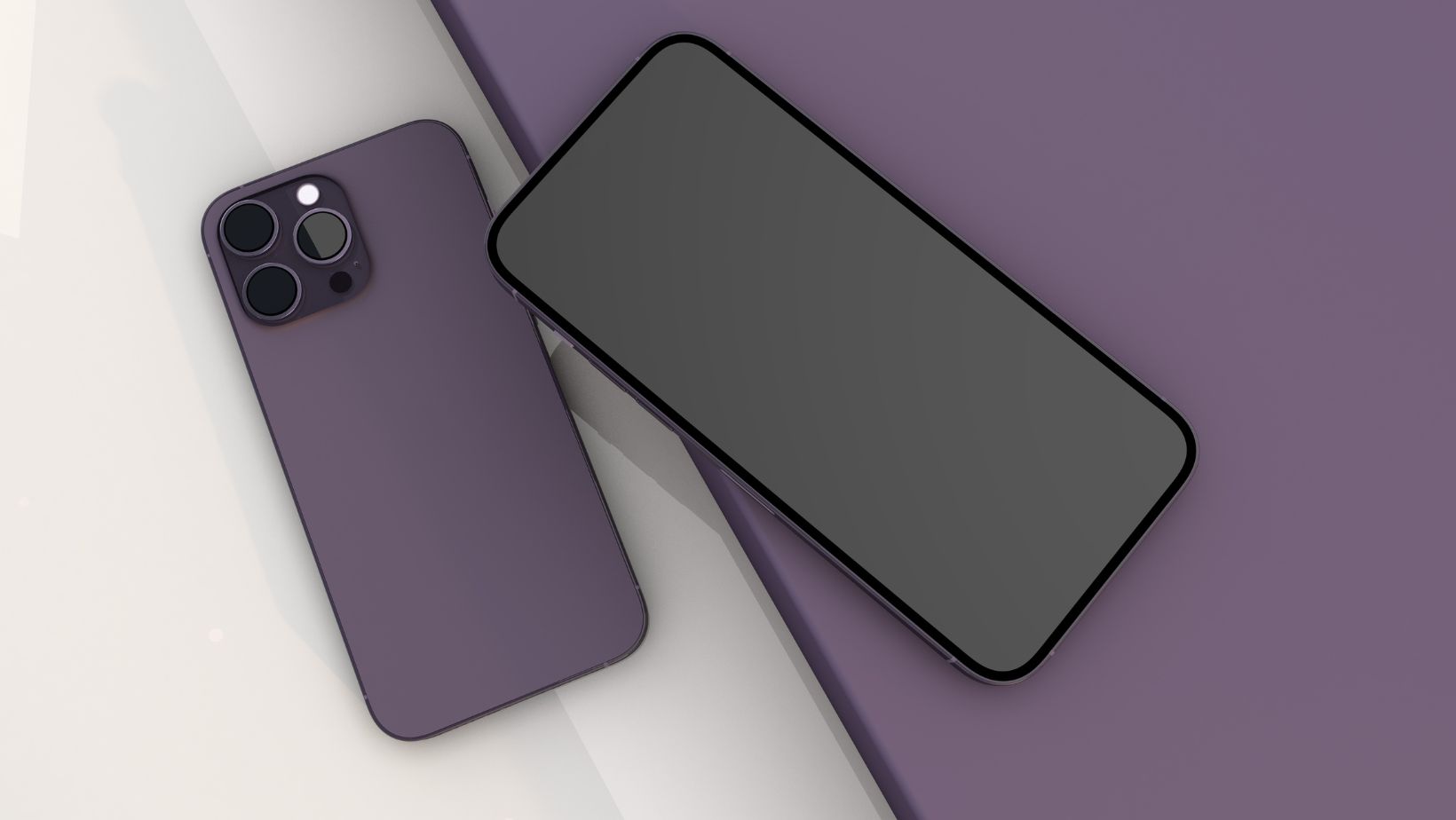Whether you have a phone contract or prefer to pay-as-you-go, here’s how to recognise the telltale signs that it’s time to upgrade your mobile phone for a newer model.
1. Weak or Unreliable 5G/4G Coverage
Weak or unreliable mobile coverage is a sure sign that your phone is due an upgrade.
The recent Vodafone Three merger will allow customers to roam freely across both networks. This access to roam is being rolled out in stages and is set to reach completion by 2034. In the meantime, customers can expect to benefit from boosted 4G speeds as early as this year.
However, older handsets may not support the latest bands or benefit from this – or any future – mergers, leaving you floundering on slower networks with patchy coverage, or struggling with signal ‘not spots’.
2. Battery Life Has Deteriorated Significantly
According to a YouGov poll, six in ten UK consumers say that battery life is a key deciding factor when choosing a new phone, and many report their phone batteries no longer last a full day from a single charge.
While there are ways to optimise the performance of your phone’s battery, the unfortunate truth is, it will still degrade over time. After two to three years, poor battery performance can begin to affect everything you do on your phone, whether that’s work calls, group chats, or extended gaming sessions, which can all be a sign it’s time to look for a replacement.
3. It No Longer Receives Software Updates or Security Patches
In response to concerns about technological waste and planned obsolescence, governments worldwide are beginning to recognise and respond to the growing need for consumer devices such as smartphones to have longer lifespans.
Upcoming changes to EU regulations require manufacturers to provide at least five years of support for new phones, and some companies are already offering significantly more than this. For example, Fairphone devices offer up to ten years of updates, helping users get more value out of their devices.

Meanwhile, older models that no longer receive software updates will be more prone to bugs and glitches or general poor performance.
4. Your Phone Is Holding You Back Professionally
Whether you’re job hunting, networking, or working remotely, having a reliable phone is increasingly essential in today’s job market. Many employers now conduct interviews over video calls, and outdated phones can struggle with video quality, microphone clarity, or even maintaining a stable connection, potentially leaving a poor impression.
If your phone crashes during calls, can’t open job search apps smoothly, or struggles with tasks like uploading CVs, managing emails, or using collaboration tools like Slack or Zoom, it could be hindering your job prospects. Even worse, if your phone no longer supports security updates, it may expose you to cyber risks when handling sensitive work or job-related data.
Upgrading to a newer phone ensures you’re prepared for the digital-first workplace, helping you present yourself professionally, stay connected on the go, and respond quickly to new opportunities – all vital in a competitive job market.
5. Your Phone Is Slow or Apps Crash During Use
If your device frequently lags, freezes, or crashes during use, it’s likely time for an upgrade. Older phones may particularly struggle with high-demand activities like streaming videos, editing and uploading content, frequently switching between apps, or you might have a worse experience playing games such as online slots.
Newer phones typically come with faster processors, more RAM, and improved graphics capabilities, allowing you to play graphically intensive games without lags or interruption. As well as improving your gaming experience, this increased speed and memory also enables you to multitask smoothly when using your smartphone for work or creative pursuits, too.


